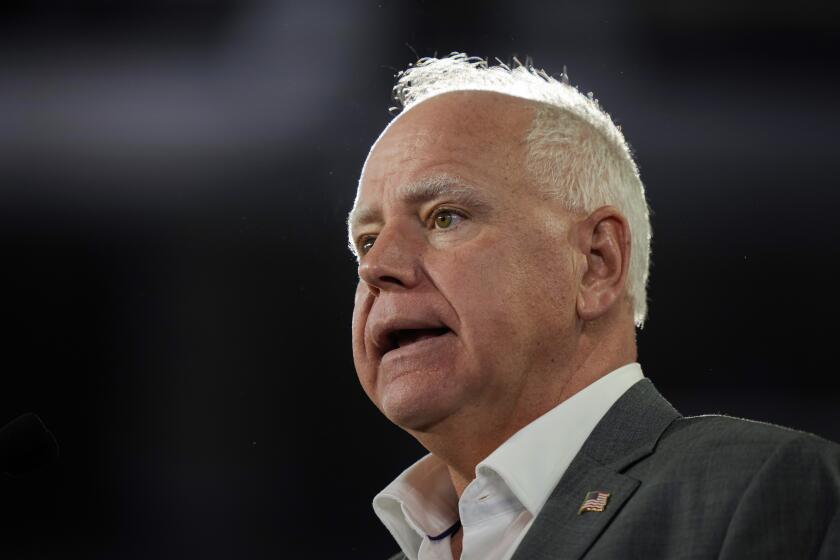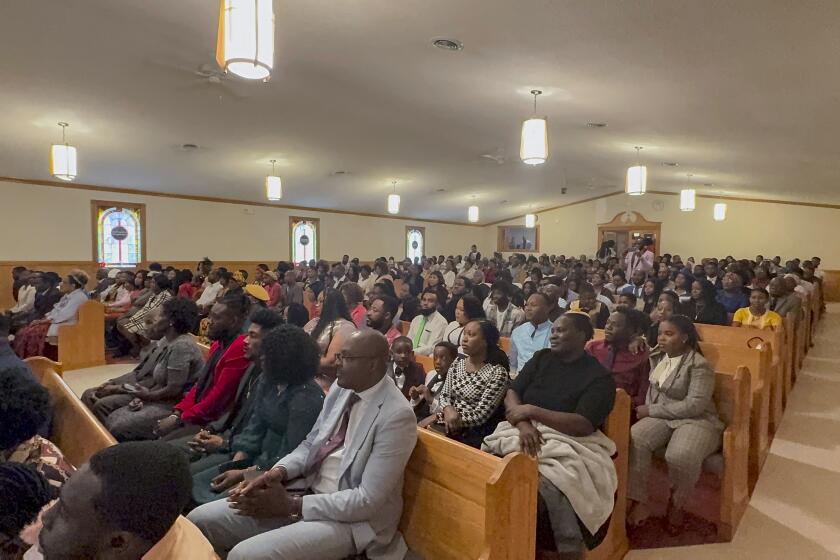Sign up for Essential California
The most important California stories and recommendations in your inbox every morning.
You may occasionally receive promotional content from the Los Angeles Times.
Mackenzie Mays covers state government and politics in the Los Angeles Times’ Sacramento bureau. Previously, she worked as an investigative reporter for Politico, the Fresno Bee and the Charleston Gazette-Mail. In 2019, she received the National Press Club Press Freedom Award for her political watchdog reporting. She is a graduate of West Virginia University and proud Appalachian.
Gabrielle LaMarr LeMee is a data reporter on the Los Angeles Times Data Desk. She was previously the data editor at Chalkbeat, a nonprofit news organization covering education across several cities and states. LaMarr LeMee has a master’s degree in information design and data visualization from the College of Arts, Media and Design at Northeastern University.




















